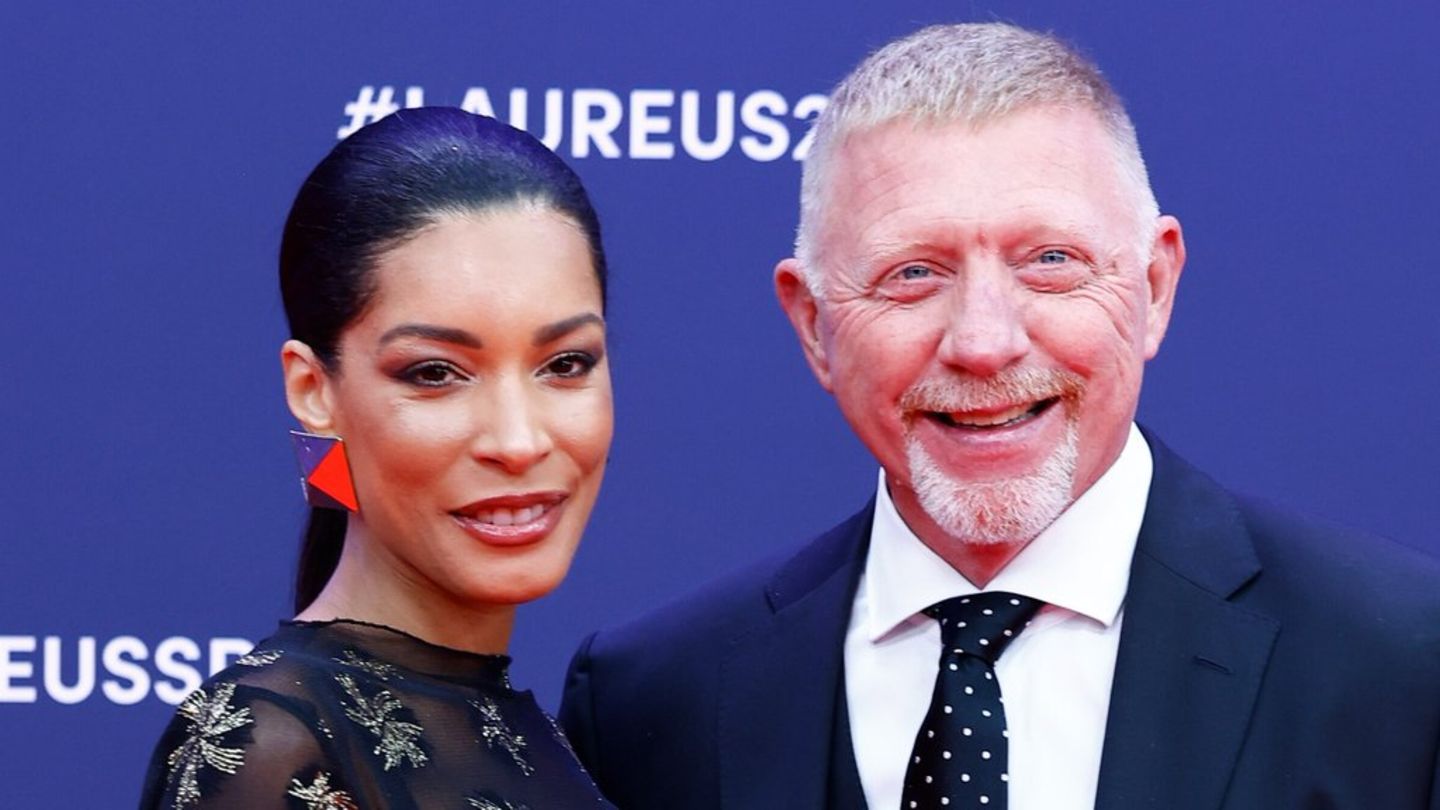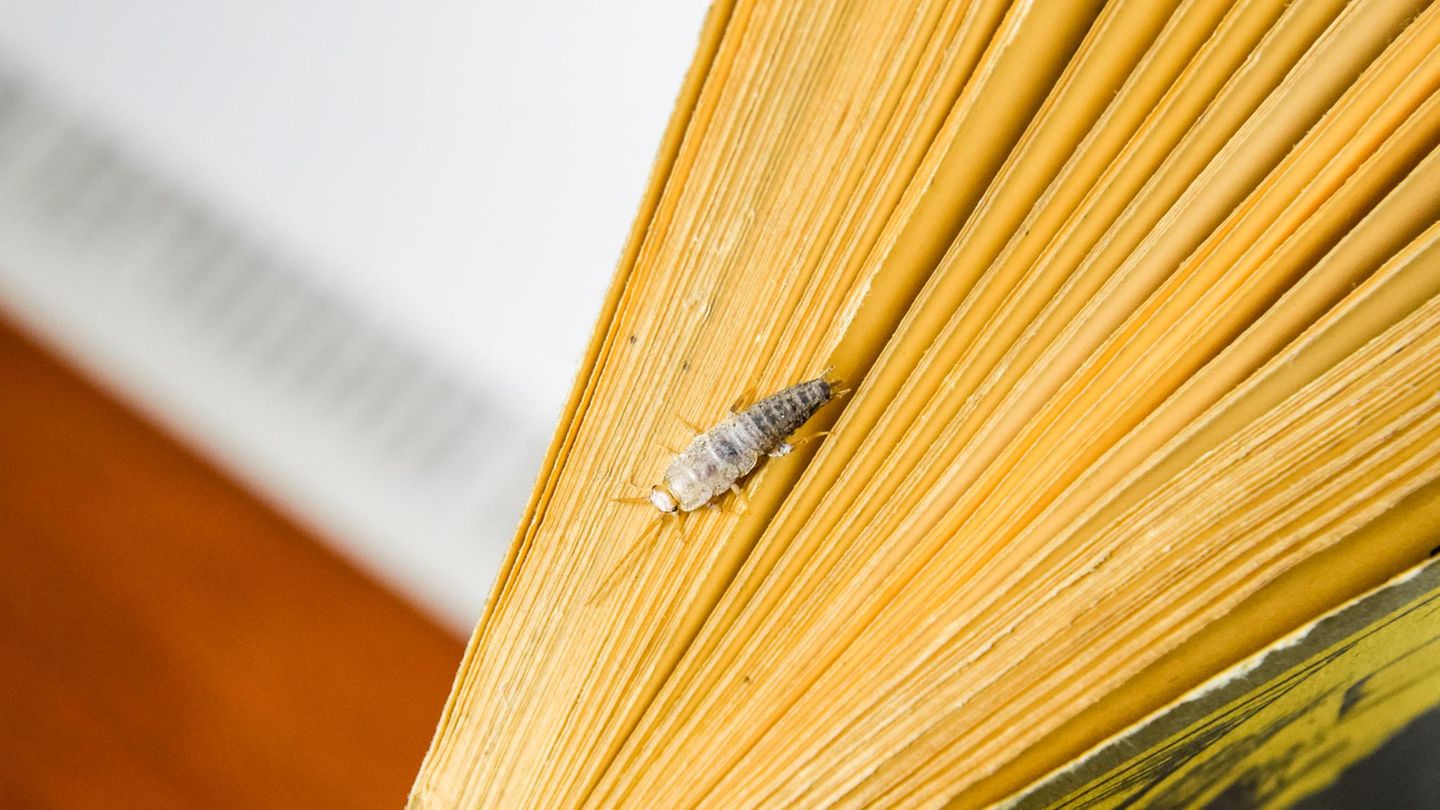Military experts are critical of the organizational skills of the Russian armed forces. A first conclusion: The Kremlin is probably only delaying the defeat.
Western military experts doubt that Russia’s partial mobilization will quickly turn the tide of war in Ukraine in its favor. The soldiers would be needed primarily for the rotation of exhausted troops and to hold positions over the winter, military experts wrote on Twitter.
The renowned Institute for the Study of War estimated: “Russia’s partial mobilization will not deprive Ukraine of the opportunity to liberate more occupied territory by and during the winter.” The situation report published on Thursday also said that Russia’s partial mobilization will not generate any significant, deployable combat power for the coming months.
“This is an exhausted squad”
Military expert Mick Ryan wrote on Twitter that Russian troops have been deployed in combat in Ukraine for almost eight months, which is more than the usual three to four months. “This is a depleted force that needs rotation. This rotation would not have been possible without partial mobilization.” It’s more about rotation and replacement than building any major Russian offensive force.
Military historian Phillips P. OBrien wrote on Twitter that partial mobilization was the minimum that Russian President Vladimir Putin could do. Otherwise, his army would have been in danger of running out of soldiers in the first half of 2023. “It seems more like a step to delay Russia’s defeat.”
Alex Lord of the Sibylline Strategic Analysis Firm in London told CNN: “The Russian military is currently not equipped to deploy 300,000 reservists quickly and effectively. Russia is already struggling to deploy its professional forces effectively in Ukraine after the significant casualties equipment during the war.”
Military expert Rob Lee wrote on Twitter: “This move is designed to prevent a collapse of the Russian lines before spring.” That will help in the short term, but not in the long term.
The German military expert Nico Lange said in an interview with the broadcaster Bayern 2 (radioWelt am Morgen): “Militarily, such a mobilization will not help now.” The partial mobilization is now causing a bad mood in Russia, and many young men are trying to leave the country.
London: Russia has problems with partial mobilization
Britain doubts Russia’s ability to partially mobilize 300,000 reservists for the war in Ukraine.
“Russia will probably have to contend with logistical and administrative challenges just to muster the 300,000 soldiers,” said the Ministry of Defense in London on Thursday, citing intelligence findings. The Russian military leadership will probably try to set up new units with the levied troops. But these were “probably not able to fight for months,” it said.
The British Ministry of Defense has been publishing daily information on the course of the war since the beginning of the Russian war of aggression against Ukraine at the end of February, citing the secret service. In doing so, the British government wants to both counter the Russian portrayal and keep allies in line. Moscow accuses London of a targeted disinformation campaign.
Partial mobilization counted as a sign of weakness
The ministry also saw the partial mobilization as a sign of Russian weakness. “The move is effectively an admission that Russia has exhausted its supply of willing volunteers to fight in Ukraine,” the agency said. The convocations are also likely to be very unpopular among the population, it said. In the hope of generating urgently needed combat power, President Vladimir Putin is taking “a considerable political risk”.
The Eastern Europe expert Gwendolyn Sasse sees the first small changes in the social mood after the partial mobilization in Russia. There are minor protests, flights out of Russia are overbooked. “That will continue,” said Sasse on Thursday in the ZDF “Morgenmagazin”. Younger men in particular, who had previously held back from assessing the war, are likely to change their attitude after the announcement of partial mobilization in the war against Ukraine. But it is also clear that there is currently no mobilization “from below” against President Vladimir Putin.
The day before, Putin had ordered the partial mobilization of 300,000 reservists to close personnel gaps in the war of aggression against Ukraine.
Source: Stern
David William is a talented author who has made a name for himself in the world of writing. He is a professional author who writes on a wide range of topics, from general interest to opinion news. David is currently working as a writer at 24 hours worlds where he brings his unique perspective and in-depth research to his articles, making them both informative and engaging.




